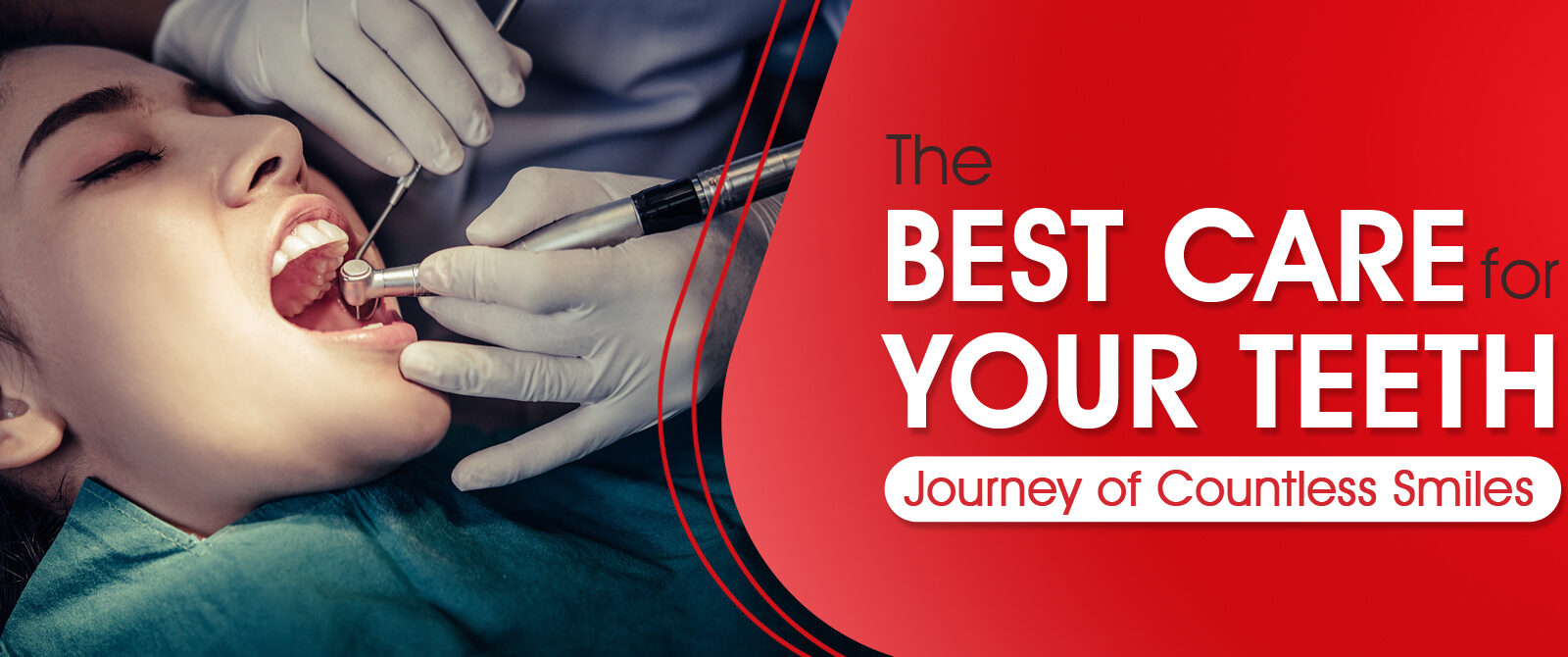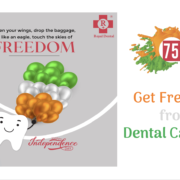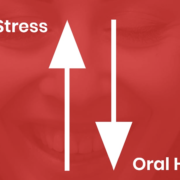Dental health is something that most people take for granted until they experience a problem. While the effects of poor dental hygiene can often be minor and go unnoticed, in some cases it can have serious long-term consequences. Fortunately, there are a number of simple things you can do every day to improve your dental health. Improving dental hygiene, eating a balanced diet, making visit to your dentist on time and brushing right. Below we will explore 5 quick and easy ways to improve your dental health. If you’re not already doing these things, it’s time to start!
Brush your teeth twice a day | Oral health
Brushing your teeth is the first and most important step when it comes to good dental hygiene. You should aim to brush your teeth twice a day for two minutes at a time. This will remove harmful plaque and food particles that can cause tooth decay and gum disease if left untreated. Brushing your teeth the right way can be a challenge. There are a few tips to keep in mind when you’re brushing that will help improve your technique:
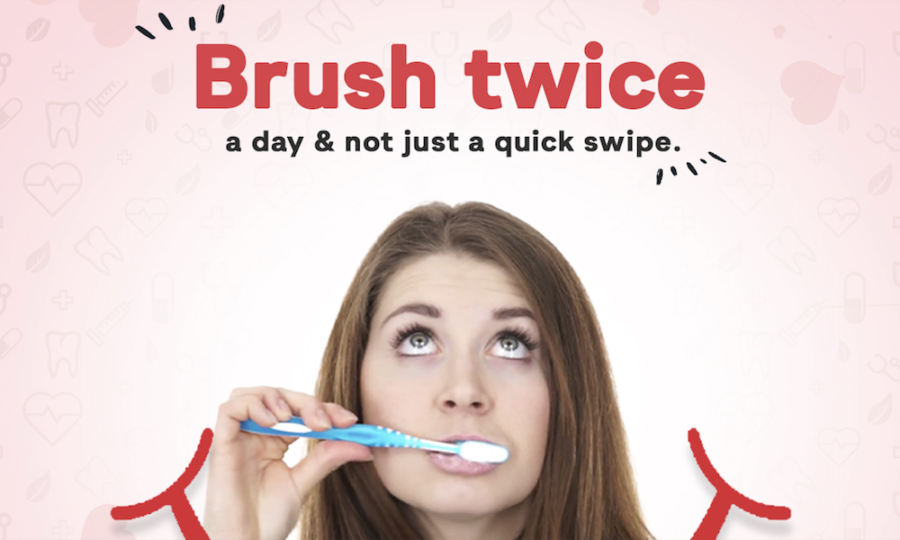
Oral health and slow Brush
This will help massage the gums while cleaning the teeth, stimulating blood flow. This is an important part of preventing gum disease. Scrubbing your teeth vigorously with hard bristles will actually result in a receding gum line. The hard bristles slowly scrape away your gums until they stop protecting the neck of the tooth, which is much more sensitive to pain. And, yes, this happens even if you listen to your dentist and brush your teeth in slow circular movements like you are supposed to. If the brush is too hard, this won’t really help.
Brush with a circular motion | Oral health
You should brush your teeth in a circular motion, up and down, covering every area. This helps to remove plaque buildup between the teeth and the gum line. The first rule of good brushing is one you’ve likely heard all your life brush twice a day every day for at least two minutes. The most important time to brush and floss your teeth is at night when you are asleep you do not make as much saliva. The main function of the saliva is to stick the food together, so it can be swallowed. The food that remains on the teeth at night causes more damage.
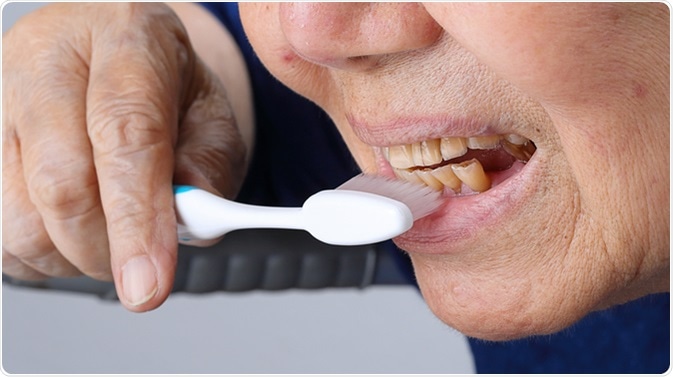
Right Brushing for elder
Brush the tongue | Oral health
Brushing your tongue along with your teeth will help remove bacteria and freshen your breath. Bacteria grow fast. The best way to reduce the number of bacteria in your mouth is to clean your tongue twice daily after brushing your teeth. Removing that debris from your tongue before bedtime can also help reduce bad morning breath and get rid of it when you wake up. Making a habit of cleaning your entire mouth, including your tongue, will keep your breath fresh and keep your mouth healthy. It helps avoid bad breath and makes for a great oral health experience.
Oral health needs daily flossing
While brushing removes debris from the top of your teeth and between the teeth, flossing will get rid of food and plaque from the spaces in between your teeth. This is an important part of good dental hygiene and is often overlooked by many people. If you’re struggling to fit in daily flossing, there are a few alternatives you can try: –
Water flossing: Water flossing is a great alternative for people who find flossing difficult or uncomfortable. You can use a water flosser to blast bacteria away from your teeth and gums, just like traditional floss.
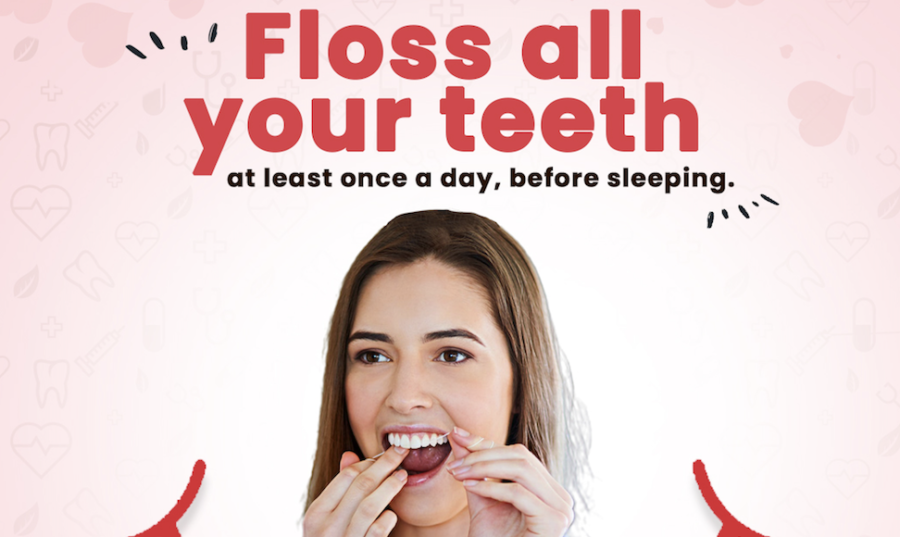
Electric flossers: If you find traditional floss too difficult, an electric flosser might be a better alternative. These devices are designed to glide between your teeth while removing plaque, just like traditional floss.
Floss picks: Floss picks are another alternative to traditional floss. They are designed to be easier to use than normal floss. You can find floss picks in various forms, including spools, threads, or even a pick made of plastic, making them easy to use for everyone.
Flossing tips for dental health
Break off about 45cm of floss and wind some around 1 finger of each hand.
Hold the floss tightly between your thumbs and forefingers, with about 2.5cm of floss between them, leaving no slack.
Use a gentle “rocking” motion to guide the floss between your teeth. Do not snap the floss into the gums.
When the floss reaches your gumline, curve it into a C-shape against a tooth until you feel resistance.
Hold the floss against the tooth. Gently scrape the side of the tooth, moving the floss away from the gum. Repeat on the other side of the gap, along the side of the next tooth.
Do not forget the back of your last tooth for dental health.
When flossing, keep to a regular pattern. Start at the top and work from left to right, then move to the bottom and again work from the left to right. This way you’re less likely to miss any teeth.
Eat a nutritious diet | Oral health
Your diet has a direct impact on your oral health. Eating a balanced diet is crucial for keeping your teeth and gums healthy. Limit the amount of sugary, starchy, and acidic foods you eat, as these will increase the risk of tooth decay and gum disease. You should also make sure you’re getting enough calcium and fiber in your diet. Calcium helps to strengthen your teeth and prevent tooth decay.
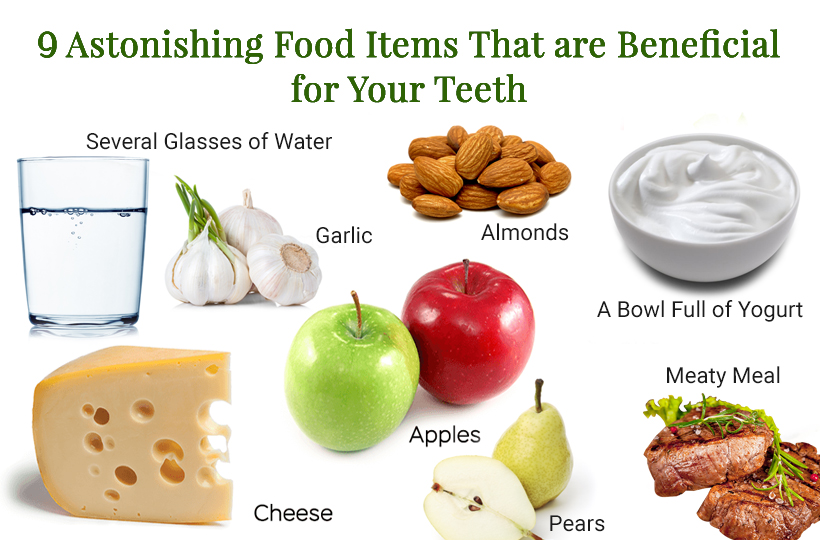
Fibre is important for cleaning debris from your teeth, keeping your gums healthy, and preventing bad breath. If you want to improve your oral health, consider talking to a dietitian about your diet. They will be able to identify any deficiencies and make suggestions for how to improve your diet. They can also help you find ways to include the foods you enjoy while maintaining a balanced diet.
Visit your dentist regularly | Oral health
Regular dental visits are important for maintaining good oral health. By visiting your dentist regularly, they will be able to identify any problems and treat them at an early stage, preventing dental issues from becoming serious. Regular dental visits will include an examination of your teeth and gums, as well as an assessment of your oral health.

Your dentist will be able to identify any potential issues and provide preventative treatments, such as sealants or fluoride. They will also be able to give you advice on how to improve your daily dental hygiene and implement any necessary lifestyle changes to reduce your risk of dental issues.
Try tongue scraping and mouthwash
Tongue scraping is a technique that helps keep your tongue and the bacteria on it clean. Many people do not brush their tongues or scrape them daily, and this can lead to bad breath and other oral hygiene issues. To scrape your tongue, use a clean spoon or your fingers and run it along the surface of your tongue. This will remove bacteria and food that may be sitting on the surface of your tongue.
Mouthwash can be a great addition to your daily dental hygiene routine. They can help reduce plaque and bacteria in your mouth and freshen your breath. There are a number of different types of mouthwash on the market. It’s important to choose one that is right for your oral health. Look for a mouthwash with fluoride, as this will strengthen your teeth and help prevent cavities.
Conclusion | Oral health
Dental health is something that many people take for granted. It is important to brush your teeth twice a day, floss daily, and visit your dentist regularly. Eating a nutritious diet and avoiding sugary and acidic foods will also help keep your teeth and gums healthy. You can also try tongue scraping and mouthwash to keep your breath fresh and teeth clean. By implementing these five quick and easy ways to improve your dental health, you can help reduce the risk of dental issues.

